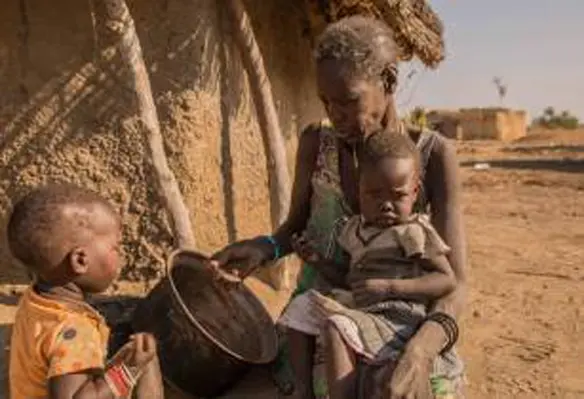Around 113mn people in 53 countries experienced acute food insecurity in 2018, compared to 124mn in 2017, according to a report by European Union, the Food and Agriculture Organization of the United Nations (FAO), and the UN World Food Programme (WFP)
“Food insecurity remains a global challenge. That's why, from 2014 to 2020, the EU will have provided nearly US$10.12bn for initiatives on food and nutrition security and sustainable agriculture in more than 60 countries. Today's Global Report highlights the need for strengthened cooperation between humanitarian, development and peace actors to reverse and prevent food crises. A stronger Global Network can help deliver change on the ground for the people who really need it,” said Neven Mimica, commissioner for International Cooperation and Development.
Christos Stylianides, EU Commissioner for humanitarian aid and crisis management, noted, “Food crises are becoming more acute and complex and we need innovative ways to tackle and prevent them from happening. The Global Report provides a basis to formulate the next steps of the Global Network by improving our coordination mechanisms.”
“Despite a slight drop in 2018 in the number of people experiencing acute food insecurity - the most extreme form of hunger - the figure is still far too high. We must act at scale across the humanitarian-development-peace nexus to build the resilience of affected and vulnerable populations. To save lives, we also have to save livelihoods,” said José Graziano da Silva, director-general at FAO.
“Programmes that make a community resilient and more stable will also reduce the number of hungry people. And one thing we need world leaders to do as well: step up to the plate and help solve these conflicts, right now,” said David Beasley, executive director at WFP.
The report further highlights the need for a unified approach and action across the humanitarian and development dimensions of food crises, and for more investment in conflict mitigation and sustainable peace.




